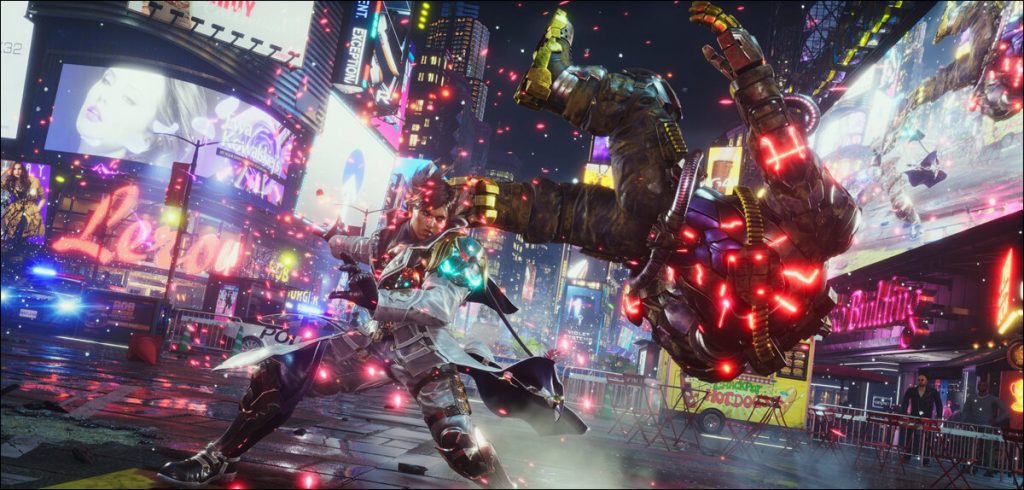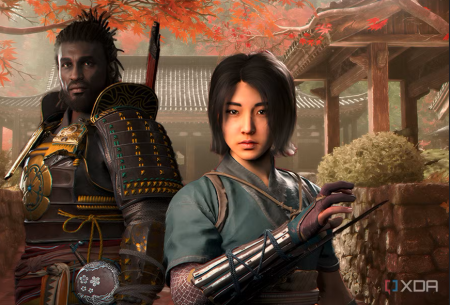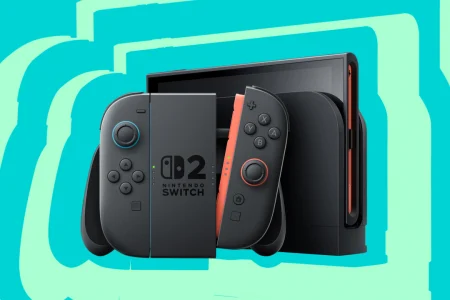Among the list of fighting games, Tekken stands on its own. Dinesh Elumalai looks back at this game’s long and illustrious history.
With Tekken 8 expected to be released soon, we decided it was time to look back on the series that has frequently established the bar for fighting games.
It is like trying to predict the direction of an intoxicated spider wearing four mismatched pairs of stilettos when attempting to chronicle the lengthy and intricate history of fighting games. Let us examine what makes Namco’s primary combat franchise so enduringly popular. Thankfully, the Tekken series has followed a purer, more sober course over its 29-year lifespan.
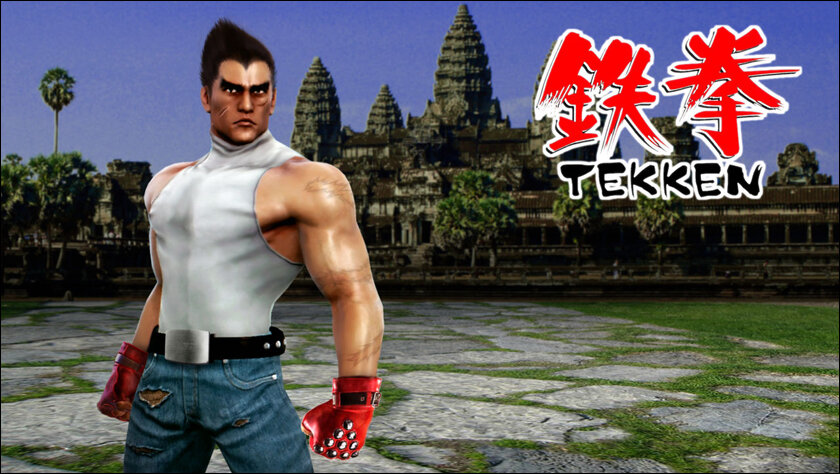
Start the games now
Over the years, Tekken has been developed primarily as an arcade game for use on different home consoles. The original coin-operated machine with the Tekken name debuted in 1994. This was followed by Tekken 2, 3, and 4, and there have since been tag tournament series, updated versions, and spin-off games developed. The release date for Tekken 8 has not yet been confirmed, but many gamers are eagerly anticipating it.
The amazing game was released on all PlayStation platforms, Xbox 360, WonderSwan, and Game Boy Advance with each iteration, along with console conversions and minor handheld deviations.
The video discusses Tekken’s beginnings as a fighting game for the PlayStation-based System 11 arcade hardware while showcasing early development footage that is reminiscent of Sega’s Virtua Fighter and features two plain-looking characters fighting in front of an open background.
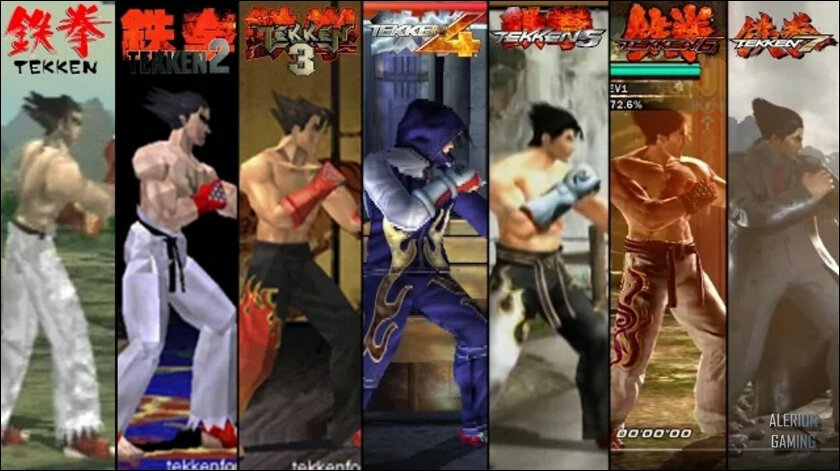
When the project was known as Kamui, the video showed characters that look vastly different from the Tekken cast we are familiar with today. When it was known as Tekken, the video showed concept sketches of characters like Jin, Paul, and Heihachi. This is where the video becomes particularly interesting.
The movie continues to demonstrate the characters’ appearances as they transition from 2D sketches to 3D models, noting specifics like the number of polygons utilized for each character and providing an uncommon glimpse into the game’s development.
What is the big deal?
For those who are unfamiliar with fighting games, the basic premise is to engage a rival in hand-to-hand combat while using on-screen characters who have enhanced martial arts prowess and talents. Martial arts enthusiasts enjoy Tekken because the characters’ abilities frequently resemble those of authentic martial arts, but with significant variations such as mixing a Judo style with full contact punching and kicking.
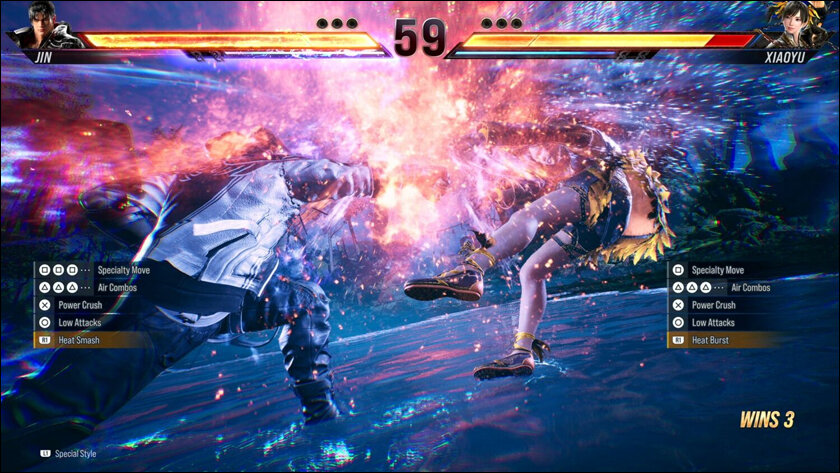
Tekken has its fair share of special moves and complex combos. Some of these fighting games are more bizarre and fantastical than others (the Mortal Kombat series, for example, goes for gore). So, what you get in a Tekken game is a blend of fictional combat mixed with actual combat techniques.
The Art of Combat
At its most basic, the game can be played by moving a figure around the screen using a control stick and punching and kicking with buttons. In Tekken, a character’s left and right arms and left and right legs are controlled by separate buttons. However, thanks to each character’s extensive move list, it becomes much more difficult than simply hitting buttons. By pressing various combinations of buttons, multiple moves can be unlocked, and different moves can be chained together to devastating effect. It is referred to as a combination. The new Rage meter feature in Tekken 6 (which enables weak characters to access final reserves of power) and blocking and counterattacks round out the combat system, which is moderately complex and features some interesting fighting style variations because each character has a unique set of moves.
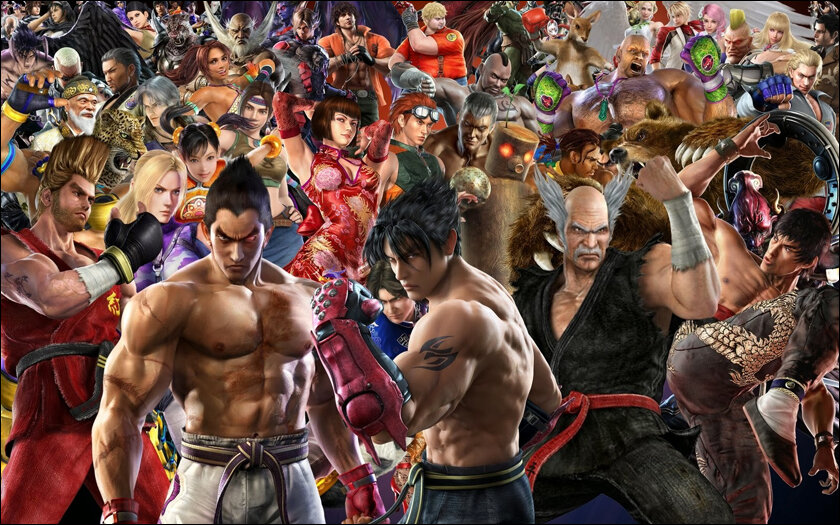
The Tekken Universe
With the narratives and diverse character lineups from the Tekken series, we could fill the entire internet (yes, the entire internet). Simply knowing that each game is based on the fictitious martial arts competition The King of Iron Fist is enough to understand the story. The Mishima Zaibatsu, a company, sponsors and organizes the competition. The winner typically takes control of the business and hosts the next competition. It is Jin Kazama’s time to host The King of Iron Fist Tournament in the most recent version of the game, Tekken 6.
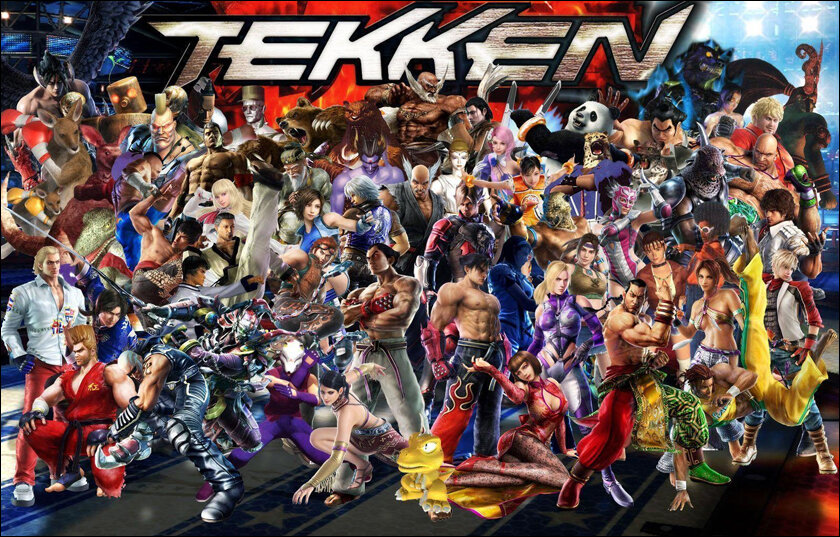
According to a statement made by Bandai Namco general manager Katsuhiro Harada in June 2022, the most recent incarnation of Tekken, Tekken 7, has sold more than nine million copies since its debut in 2015, pushing the franchise’s total sales to over 53 million.
Over the years, Tekken has introduced us to an astonishing variety of diverse characters, some of whom make fleeting cameos and others who recur throughout the series. Every Tekken game has featured a select few important characters, including Yoshimitsu, Paul Phoenix, and Heihachi Mishima. The characters participate in the competition with a diversity of combat philosophies and from various parts of the world. Additionally, in addition to the more serious characters and their realistic fighting techniques, there are other characters with supernatural traits like Ogre and Devil, and there are more humorous moments because of comedy characters like Kuma. Every character in the Tekken series has a unique past and unique motivations for competing in the tournament, which contributes to the series’ appeal.
Breaks Out in Tekken
The Tekken series is so well-liked that it has had a significant impact on other video games and forms of media. Intriguingly, Yoshimitsu, Eddy, and Heihachi all made a cameo in Anna Kournikova’s Smash Court Tennis. Yoshimitsu also appears in Namco’s weapons-based fighting game Soul Calibur. Heihachi has been spotted in Namco’s party game Pac Man Fever. There are several allusions and appearances in TV shows and films like Eastenders, Spaced, Shaun of the Dead, and Dude, Where’s My Car. There have also been numerous other media appearances, like the Tekken Forever series from DC Comics and Tekken: The Motion Picture.
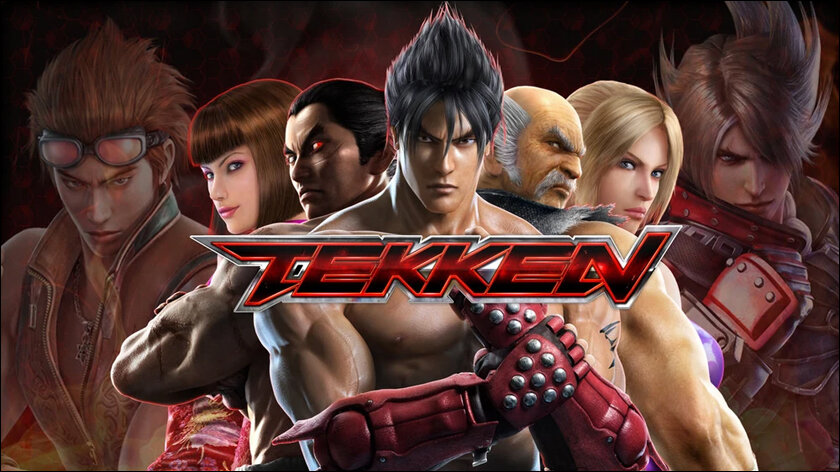
Since its 1994 release, Tekken has been the fighting game of choice among gamers, and it has continued to lead the pack despite numerous iterations. We are hoping that our brief history lesson will bring back some pleasant memories for fans and, more importantly, convince non-players to join because Tekken 6 is quickly approaching, and you need to be in shape if you want to become The King of Iron Fist.
How many Tekken titles exist?
We are fortunate to have many of them:
The eighth game in the main series is coming soon; release date TBD.
Tekken Tag Tournament, a stand-alone series, has two games.
5 changes to the primary games
11 offshoots
To go into detail about each of them would require a very long story. The following section of this article will focus on all the Tekken games from the core series, and the succeeding article will delve deeply into the standalone tournament series and spin-offs based on your feedback and requests. I had hoped that everyone would return to Tekken mode.



